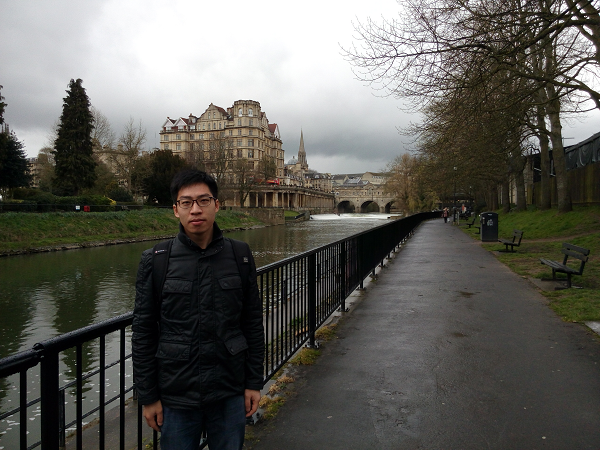Recently, Dr. ZHANG Wei from ASIPP, a PhD graduate of Max-Planck Institute for Plasma Physics, was conferred The 2018 European Physical Society Plasma Physics Division PhD Research Award in recognition of his 'truly outstanding research achievements associated with his PhD study in the broad field of plasma physics'.
European Physical Society (EPS) is a non-profit association whose object is to contribute to and promote the advancement of physics, in Europe and neighbor countries. Its members include 42 National Physical Societies in Europe, individuals from all fields of physics, and European research institutions. Every year, three PhD Research Awards are granted by the EPS Plasma Physics Division to young scientists selected among the 38 associated countries.
Dr. ZHANG Wei started his PhD study in Max-Planck Institute for Plasma Physics (Garching, Germany) in April 2014, and devoted himself to further cooperation between the two institutes. He graduated and received his PhD degree from Ghent University in June 2017. During his PhD, he published 9 papers as first author, including 4 in Nuclear Fusion, 2 in Plasma Physics and Controlled Fusion and 2 in European Physical Journal. Among these papers, one is selected as one of the most popular papers and highlights of the year, one is an invited paper and another is selected as the cover of the Journal. He is also a coauthor of more than 20 papers. Besides, Dr. ZHANG Wei has participated in and designed many experiments in ASDEX Upgrade and JET tokamak and has been working closely with more than ten institutes in Europe.
‘It is a great honor to win the EPS award and I really appreciate the strong support from both ASIPP and IPP’ said Dr ZHANG Wei, ‘In the near future, I will continue to strengthen the cooperation between ASIPP and IPP in various fields, including participations of experiments, manufacturing of tokamak components, exchanges of scientists. I firmly believe this cooperation will result in more fruitful outcomes and both institutes will greatly benefit from it.’ (YANG Ying reports)

Dr. ZHANG Wei

